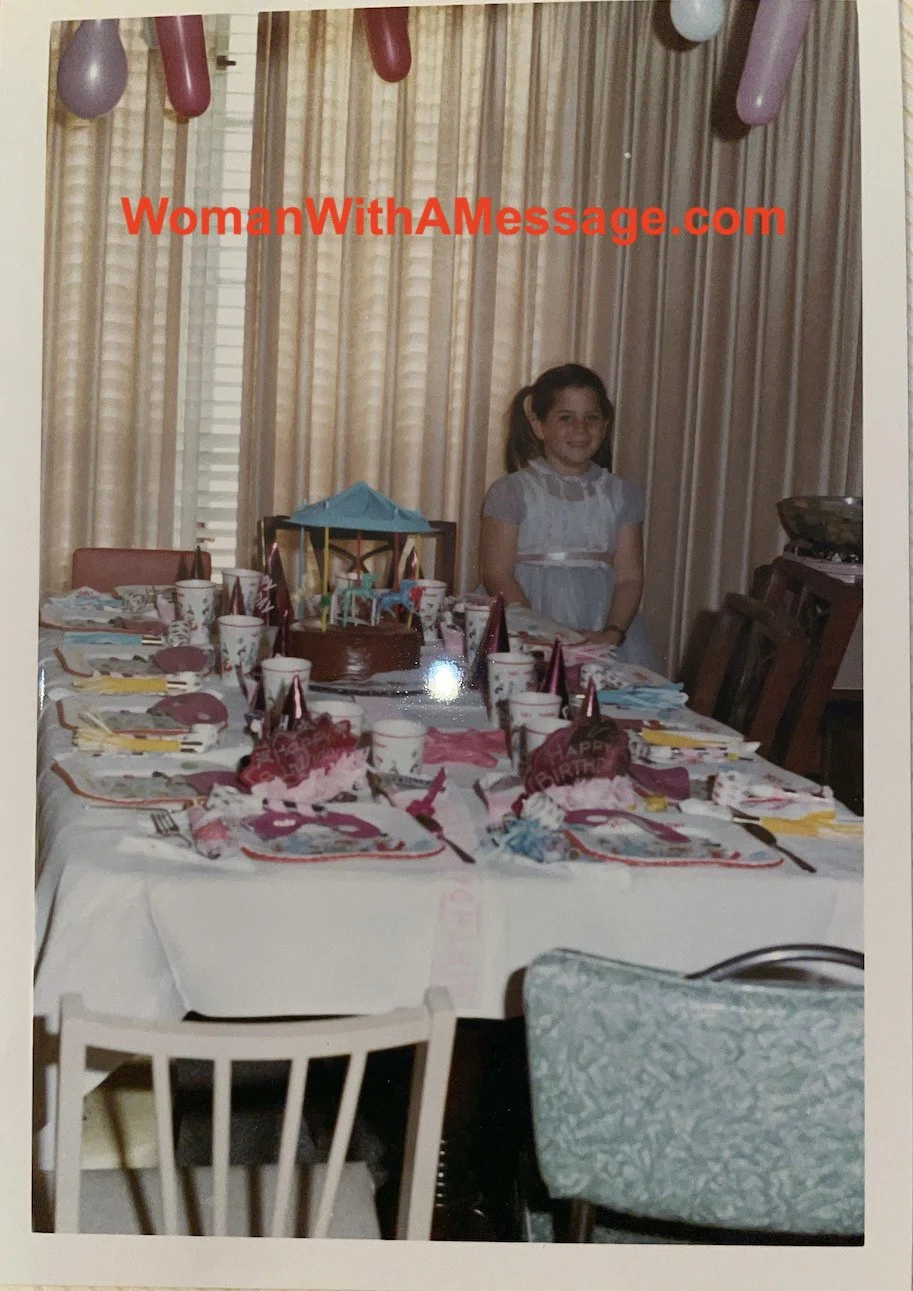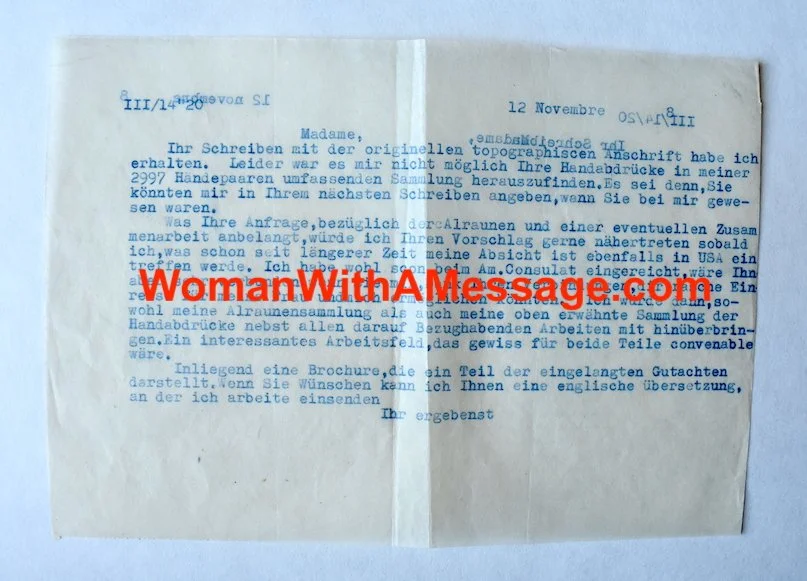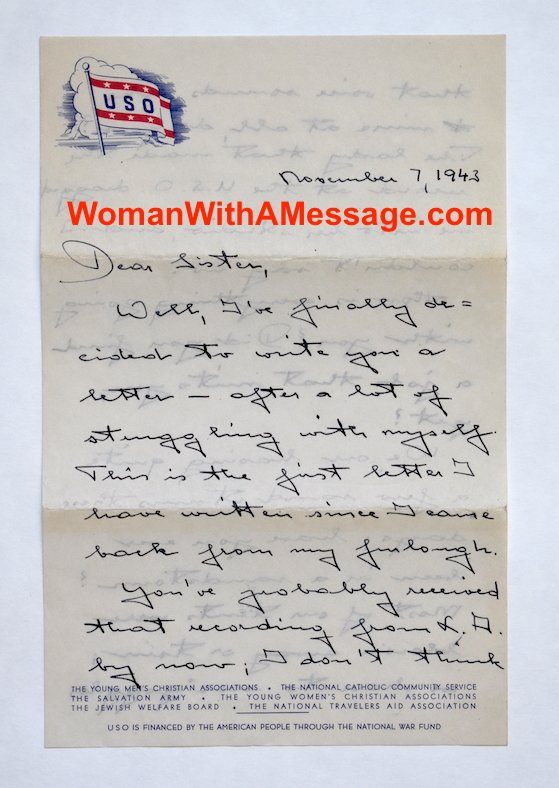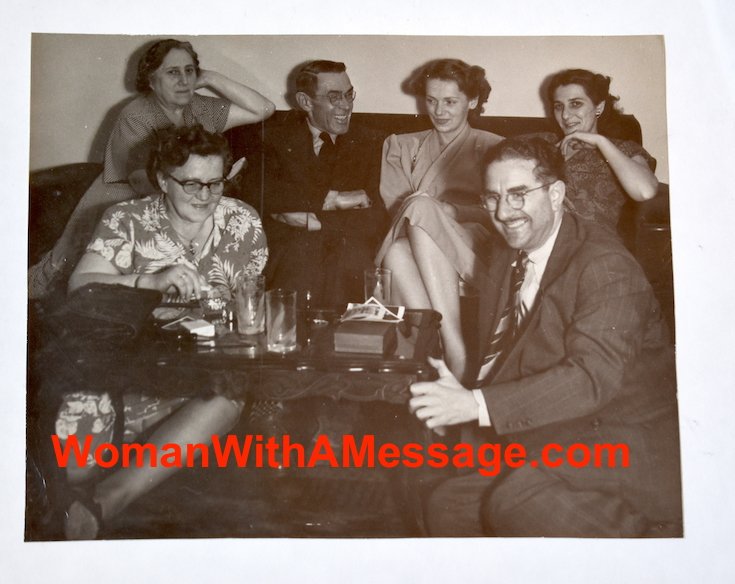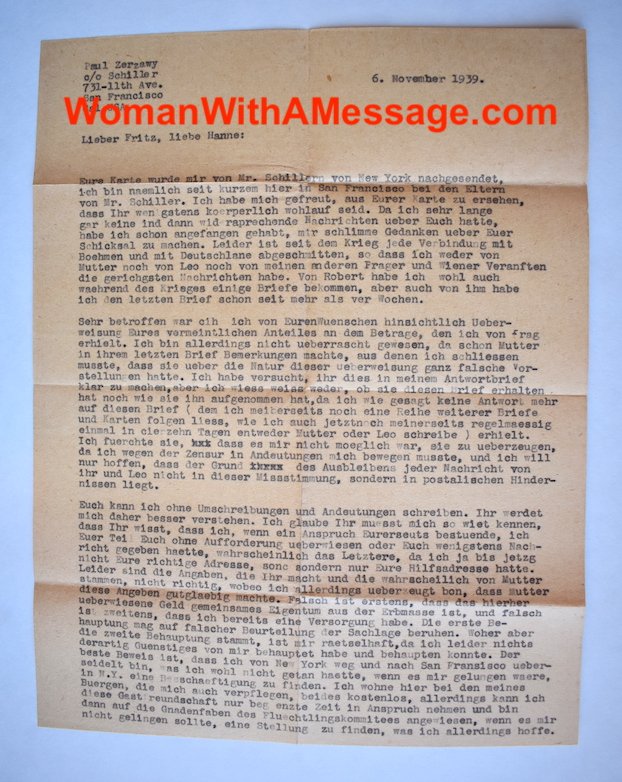Fieldpost 211, 14 November 1917
My dear ones!
Because of the lack of any news from you, I must start my letter by talking about myself and my experiences.
The evacuation was followed by a two-day march through unpleasant march through the rain-drenched, soft clay soil. The Romanian plains are more like steppes. Very little grows here and there are very few people – it reminds me of the most desolate parts of the Puszta. The division and the regimental command continued until we arrived late at night on the second day. There were about 50 men in the 7th company, which was in reserve in an abandoned village. Overnight, we slept somewhere very uncomfortable. The next day we were able to recover and look around. First Lieutenant Büchte is a very brave and good company commander. Then there are two lieutenants, two ensigns, and also my platoon commander Lehner, who is from Lower Austria. The whole crew is so mixed by ethnicity that the German character is almost gone: Italians, Poles, Croatians, Czechs, Slovenians, all make up a much bigger group than the Germans. Except for the Italians, they are mostly old veteran militia reservists. We were assigned to a dilapidated hut which we had to make habitable ourselves. It was assigned to three of us who were aspiring for promotion (we got promoted two days later) and one of our orderlies.
Human inhabitants (civilian ones of course) are not present anymore in this village, but instead flies and mice are in such quantities that you can hardly imagine. Except for the uncomfortable apartment, we live here almost like the officers. (One of them, named Motka, is from Trieste, and the other one, an elderly teacher named Bruscha, is the only comrade who is still with me since last Christmas.) We take turns doing our work. It now takes place mostly in the barracks, mainly in the construction of field positions. Now and then, one hears grenades from both sides flying overhead for half an hour, because we are near a howitzer battery; but you quickly get used to the little banging sounds. Otherwise, it’s pretty quiet here on the entire front. Meetings with officers, issuing orders, and other duties fill the day. In the evening, we congregate in a soldiers’ recreation center, which unfortunately does not belong to our regiment. There, we have some distraction: reading, playing chess, a concert. This place is also very heavily visited. So, it’s not that bad in the reserves. By the way, there will be a change of position in two days. Possibly, we will have to take a turn at the outpost where it will be less idyllic. On the day of the position change, we cadet aspirants will receive officers’ food. The food of the enlisted men is not bad either. So all in all, I’m doing well so far, and I hope to hear the same from all of you soon.
Please do not interpret it as laziness on my part if I don’t write to each of you separately. With the lack of space and light, it is only possible to write at the recreation center, and there only for a short time. For example, this is the third day I am writing this letter. I always share everything that is important on postcards. If we manage to get into better accommodations, I will write letters to each of you personally, if possible.
I therefore ask you, dear Papa, to send this letter on to Robert, Käthl, and Grandmother. Please also give Erich news of my well-being and my address and write to him that I can no longer write to him directly, but only through you.
I will write separately to Helene, because I have to congratulate her on her birthday. And also, I have to ask her for gloves, candles, and flashlight batteries.
With many greetings and kisses, I remain your loving
Paul










